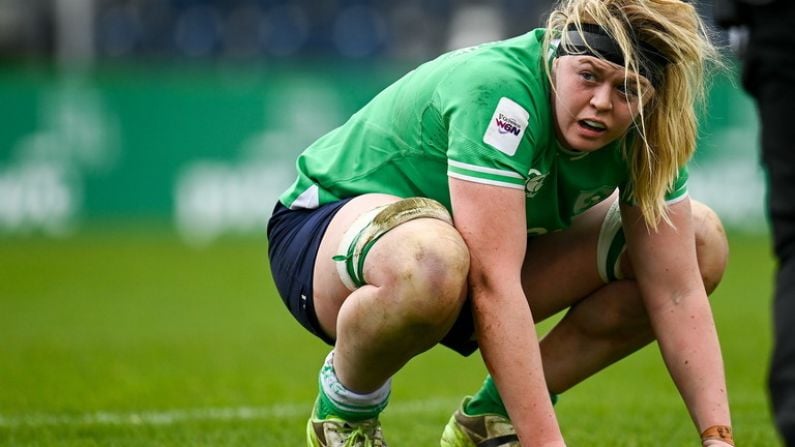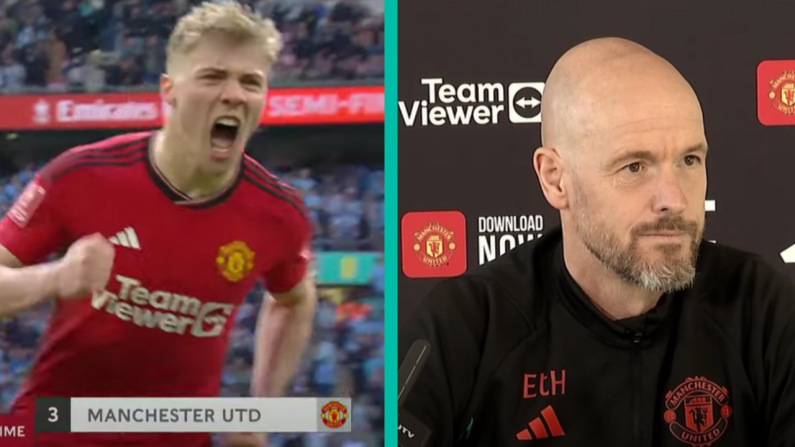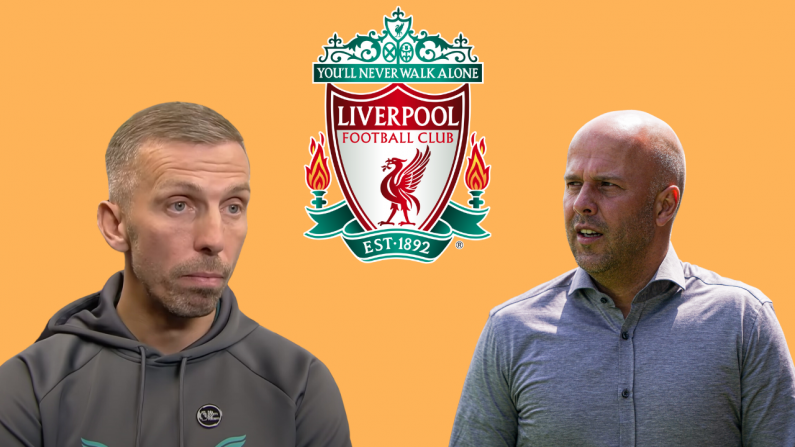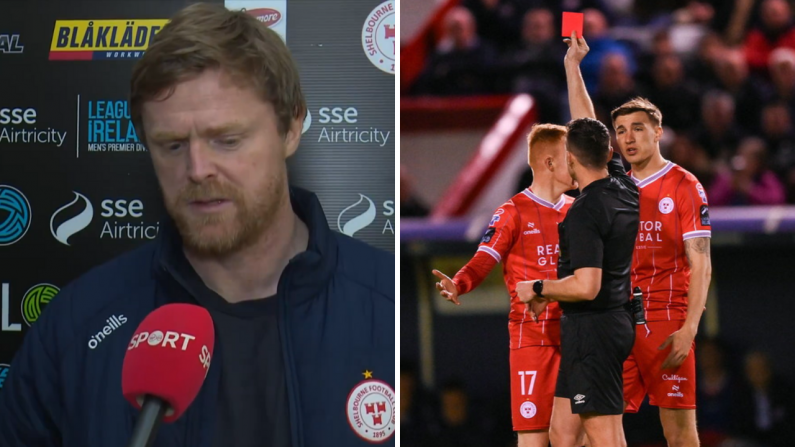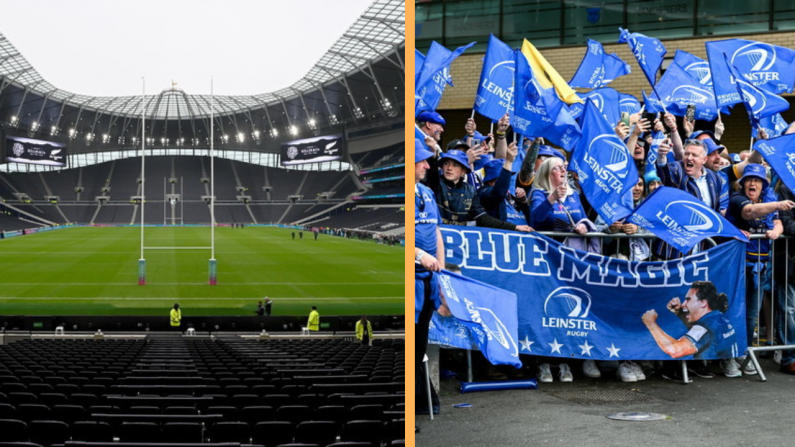So PSG are willing to smithereen the world transfer record to sign Neymar. And Neymar is willing to diminish his chances of winning the Champions League and is turning his back on the chance to continue to play with the best player in the world to play at a lower level for more money.
Everyone is perfectly entitled to fling money and opportunity away, and this is merely an exaggerated representation of trends in football that have been festering for years.
But in spite of everyone's right to make the transfer, it does stray from the whole point of the sport. Neymar (and his representatives) are admitting that they've had enough of winning the biggest collective prizes at the highest level with the best players, and instead wish to pursue some kind of individual destiny, in which he can win individual accolades and, ultimately more money by becoming the main man at an inferior club in a weaker league.
In truth, Neymar Jr. is Neymar Ltd., and this transfer is being done to maximise profit for the player, his father, and his group of representatives.
And if the ambition in football is to make money, then this is absolutely the right thing to do. But it's not, because football is not a business.
Why? It's not necessarily because the game is rich with sincere philanthropists dedicated to upholding the spirit of the game. No, it's because it is pretty much impossible to run a football club as a business. This is because they have a fundamentally different bottom line: silverware, and not silver. To achieve that, clubs need to invest enormous sums of money into a largely deregulated labour market. If they choose not to, a rival football club will, and they'll be left behind.
Revenues are enormous in football today, but to achieve those, clubs have to invest dizzying sums into player wages. It is the most consistent indicator of relative strength: the higher your wage bill, the more you can play the better players. In 2015/16 - the most recent set of figures available - Premier League clubs spent an average of 63% of club revenue solely on player wages. And that doesn't include transfer fees: in that season, the clubs collectively lost £110 million. Overall, despite the fact that it is the richest competition in football, the Premier League has never made a profit.
While the spending of money on wages is important to maximise revenue from League placing and European competition, the spiraling cost of wages make this an increasingly vicious circle: although revenues rose by 9%, the spending on wages went up by 12%.
Blackpool are an example: they were promoted to the Premier League in 2010/11, froze wages at a Championship standard, were unsurprisingly relegated, banked a profit of £32 million, refused to invest in the squad, and had dropped into League Two within five years.
Intangibly, too, it is clear that clubs are not just business: thousands of fans do not turn up each week to sing songs at corporate entities exchanging goods and services, they come along to step into a collective tradition of song, emotion, ritual, and history. And were they to disappear, the TV 'product' would be greatly diminished.
Even if it is in spite of themselves, football clubs must pursue the biggest prizes in the game.
At the highest end of the game, clubs are not invested in as money-making institutions. Instead, they are harvested for something else: some good PR, or "conspicuous consumption". Essentially, investment in something as prestigious and traditional as a football club can add a sheen of good PR and a level of international recognition to owners in need of precisely that. Manchester City's owners, for example, have been accused by Human Rights Watch as using Man City to "construct a public relations image of a progressive, dynamic Gulf state, which deflects attention from what is really going on in the country", in relation to the UAE's human rights abuses. Qatar
Qatar Sports Investments are doing this with Neymar, too. The nation are currently in need of some good publicity, as the blockade by fellow Gulf nations continues. Committing to the biggest transfer fee in the history of the world's most popular sport is one way of doing that.
The players and their agents are the businesses in football, as they are the ones who hold the power today. Few more so than Neymar Jr.



